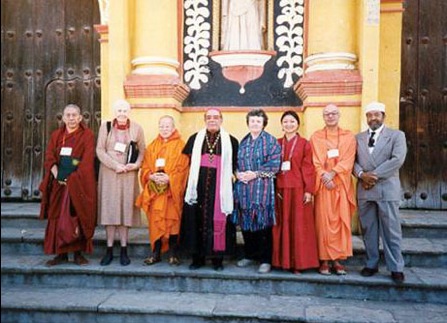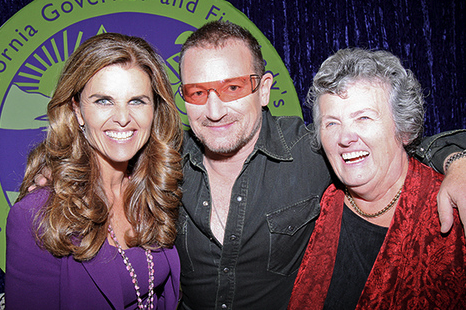Symposium on Benedictine Spirituality Nov. 16 & 17


Every day I notice that conflict, confusion, and isolation are familiar feelings for so many of us. We are over-scheduled, multi-tasking automatons running from one appointment to another—when not glued to our computers, smartphones, televisions, and cars.
And we are too busy. Too busy to exercise, eat right, sleep enough, relax, or socialize with family and friends. Too busy to spend time enriching our lives with new subjects to study, engaging in creative hobbies, or volunteering in our communities. Too busy for living lives of balance and fulfillment. Our lifestyles are wreaking havoc with our health, happiness and the very fabric of our society. What to do?
I, for one, have turned to the 6th century wisdom of Benedict of Nursia because "Life is a teacher of universal truths" whether you live in the 6th or the 21st century,” writes Joan Chittister, OSB*, a Benedictine nun, in her book, The Rule of Benedict: Insights for the Ages. The hard-won wisdom passed down from Benedict is as alive and applicable today as it was when it was written 1,500 years ago, as evidenced by the scholars who have studied Benedict and his wisdom through the ages.
Benedict—Saint Benedict as we now know him—was living in Italy at a time of chaos, in a society ravaged by war. Tired of the decadent culture surrounding him in Rome where he was studying, he sought meaning and purpose in his life (sound familiar?). He left to live a simple life in the countryside where other spiritual seekers found him. He eventually founded 12 monasteries, which resulted in his Rule of Benedict, a succinct manual (just 93 pages), described by Chittister in her book’s introduction as a guide to "the logic of daily life lived well."
"Benedictine spirituality is the spirituality of the 21st century because it deals with the issues facing us now—stewardship, relationships, authority, community, balance, work, simplicity, prayer, and spiritual and psychological development," writes Chittister, who formerly headed a Benedictine monastery. "Its currency lies in the fact that Benedictine spirituality offers more a way of life and an attitude of mind than it does a set of religious prescriptions."
Embracing this wisdom, Benedictine communities, monastic and non-monastic, have sprung up all over the world. In fact, one such organization, The Friends of Saint Benedict, headquartered in Washington, D.C., is offering its First Annual Symposium on Benedictine Spirituality on November 16 & 17, featuring Sister Joan*, and a roundtable discussion with other Benedictine scholars.
She notes, "The Benedictine way of life is credited with having saved Europe from the ravages of the Dark Ages. In an age bent again on its own destruction, the world could be well served by asking how."
Join me and learn more about how the ancient wisdom of Benedict can be used to help us to create calm in a world of chaos, offering love and acceptance in a world of hate and violence at the Friends of Saint Benedict's Symposium on Benedictine Spirituality on November 16 & 17.
*Joan Chittister, OSB, former prioress of the Benedictine Sisters of Erie, Pennsylvania and a leader among women monastics, is an internationally known speaker and writer, author of 45 books, and a voice of clarity on spirituality, women’s empowerment, justice and the search for meaning. Her ideas—carried in books, columns, and Internet platforms-- have encouraged people inside and outside the church, people in prisons, people in work and out of work, and people facing every conceivable life transition. She serves as Co-Chair of the Global Peace Initiative of Women, a partner organization of the UN, facilitating a worldwide network of women peace-builders.
